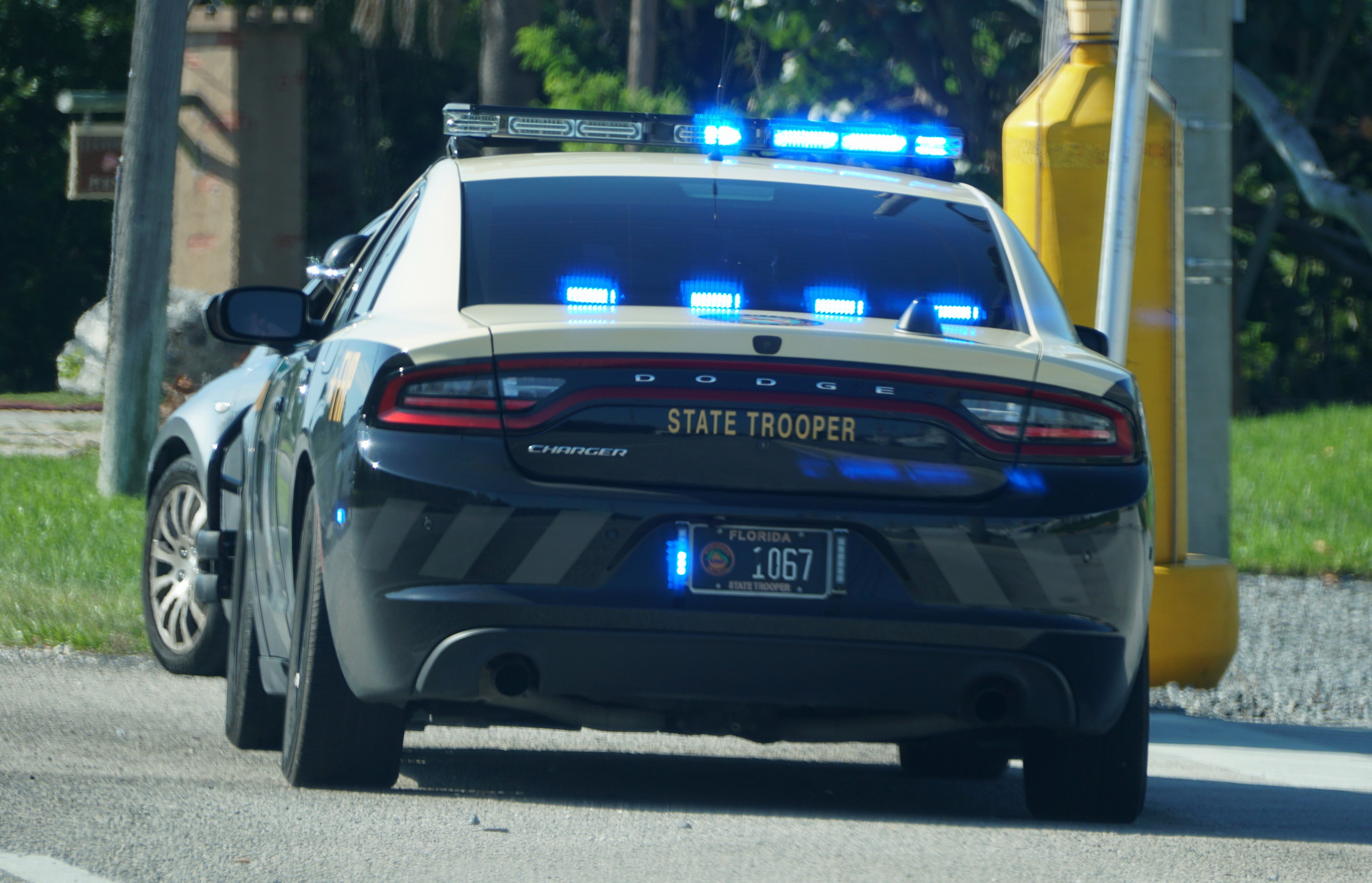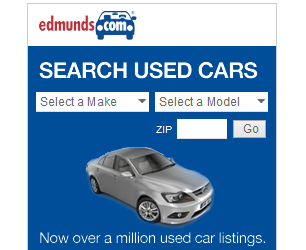Do you know how to Avoid Costly Speeding Tickets?
Valerie Raskovic

Getting speeding tickets can be a costly and generally unpleasant experience, not only in terms of the immediate fine but also in the long-term impact on your insurance rates and driving record. According to the National Highway Traffic Safety Administration (NHTSA), speeding is a significant factor in traffic accidents, contributing to about 26% of all traffic fatalities. Therefore, avoiding speeding tickets is not just about saving money; it's also about ensuring your safety and the safety of others on the road. Here’s a comprehensive guide to help you avoid costly speeding tickets.
1. Understand Speed Limits
- Know the Limits: Don’t forget being ignorant of the law does not immunize you to it. It is your responsibility as the driver to be aware of the posted speed limits in the area where you are driving. Speed limits can vary significantly between different roads, cities, and states. For example, residential areas typically have lower speed limits (25-35 mph) compared to highways (55-75 mph).
It is important to always be aware of the current speed limit of the road you are traveling on, especially since there are some areas that have variable speed limits, which change based on traffic conditions, weather or time of day. Pay attention to any signs that indicate these changes.
2. Use Technology to Your Advantage
- GPS and Navigation Apps: Many GPS and navigation apps (like Google Maps, Waze, and Apple Maps) provide real-time speed limit information and can alert you when you are approaching or exceeding the limit. Enable these features to help you stay within the legal speed range. However, regardless of how convenient these technologies may be, you cannot rely solely on them, as speed limits may change over time. Speed limits are often altered during periods of road construction; in such cases, the navigation apps may not have the updated information and may feature wrong information. This is why it is still very important to pay attention to posted signs.
- Speedometer Calibration: Ensure your car’s speedometer is accurate. Having the wrong size wheels installed may affect speedometer readouts. When changing wheels or tires, ensure that the size you install matches your vehicle's factory specifications. In some rare instances your vehicle’s speedometer may be off by a few miles per hour, which can lead to unintentional speeding. If you suspect your speedometer is inaccurate, have it calibrated by a professional.
3. Practice Defensive Driving
- Maintain a Safe Following Distance: Keeping a safe distance from the car in front of you allows you more time to react to sudden changes in traffic, reducing the likelihood of sudden braking and potential speeding.
- Anticipate Traffic Patterns: Pay attention to traffic signals, road conditions, and other vehicles. Anticipating slowdowns and stops can help you avoid sudden acceleration, which can lead to speeding. There are some unforced instances when you may need to increase speed to merge or to keep up with the general flow of traffic; however, be sure to reduce your speed once you have safely maneuvered out of the way of other motorists. Avoid using the left passing lane as a traveling lane; only use it to pass slower traffic and merge back to the right lane. This is not just a recommendation for safe driving; it may also help reduce congestion and road rage incidents.
4. Stay Focused and Alert
- Avoid Distractions: Distracted driving, such as using your phone, eating or adjusting the radio, can cause you to lose track of your speed. Stay focused on the road and your surroundings.
- Stay Alert to Traffic Enforcement: Be aware of areas where speed traps are common, such as near schools, construction zones and in residential areas. These areas are often heavily patrolled by law enforcement. There are some apps, such as Google Maps that may notify you of possible law enforcement presence on any given road you are traveling; however, that data is based on user-provided information and may not always be accurate.
5. Plan Your Route and Time
- Allow Extra Time: Rushing to reach your destination can lead to speeding. Plan your route and leave early to avoid the temptation to exceed the speed limit.
- Choose Less Congested Routes: If possible, opt for routes with less traffic. This can help you maintain a consistent and legal speed, reducing the risk of speeding tickets.
6. Understand the Consequences
- Financial Impact: Speeding tickets can be expensive, with fines ranging from $50 to several hundred dollars, depending on the severity of the offense. Additionally, your insurance rates may increase and you may face surcharges.
- Legal Consequences: Repeated speeding violations can lead to license suspension, points on your driving record and even mandatory traffic school. In some cases, excessive speeding can result in criminal charges.
7. Stay Calm and Compliant if Pulled Over
- Pull Over Safely: If you are pulled over, pull over to a safe location as soon as possible. Turn off your engine, roll down your window, and keep your hands on the steering wheel.
- Be Polite and Cooperative: Greet the officer respectfully and provide the necessary documents (driver’s license, registration, and insurance card) when requested. Admitting to the mistake and showing remorse can sometimes result in a warning instead of a ticket.
8. Consider Speed Awareness Programs
- Traffic School: If you receive a speeding ticket, consider attending a traffic school or defensive driving course. In many states, completing such a course can help reduce or eliminate the points on your driving record and lower your insurance rates.
9. Regularly Maintain Your Vehicle
- Check Your Brakes and Tires: Ensure your brakes and tires are in good condition. Well-maintained brakes can help you stop more effectively, reducing the risk of speeding in situations where you need to slow down quickly.
- Check Your Speedometer: Regularly check your speedometer for accuracy and have it calibrated if necessary.
By following these tips, you can significantly reduce the risk of receiving costly speeding tickets and ensure a safer driving experience. Remember, the best way to avoid a speeding ticket is to drive responsibly and within the legal speed limits. Safe travels!
Read more articles

